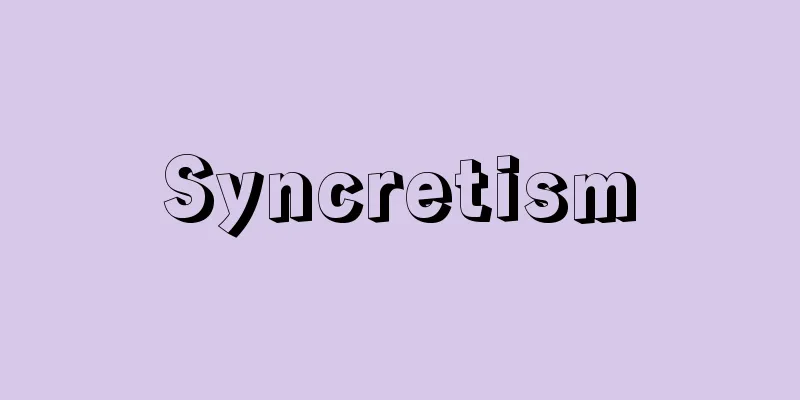Wilhelm Emmanuel Ketteler

|
1811‐77 A German Catholic priest. He studied law at university, but from the 1840s onwards he studied Neoscholastic theology, and became Bishop of Mainz in 1850. He was elected to the Frankfurt National Diet in 1848-49 and to the Imperial Diet in 1871-72, where he advocated the legal and cultural independence of the church and expressed an interest in social issues in his sermons, speeches and writings. He was not aligned with either liberalism or absolutism, and with regard to labour issues he envisioned a productive cooperative for small-bourgeois craftsmen. Source: Heibonsha World Encyclopedia, 2nd Edition Information |
|
1811‐77 ドイツのカトリック聖職者。大学では法律学を学んだが,1840年代以降新スコラ派の神学を学び,50年以降マインツ司教となった。また1848‐49年のフランクフルト国民議会,71‐72年の帝国議会に選ばれ,教会の法的・文化的な独立を主張するとともに,説教,演説,著述などで社会問題への関心を表明した。彼は自由主義にも絶対主義にもくみせず,労働問題については小市民的手工業者を対象とした生産協同組合を構想した。 出典 株式会社平凡社世界大百科事典 第2版について 情報 |
Recommend
Odessa (English spelling)
The capital of Odessa Oblast in southern Ukraine. ...
Law on Perpetual Private Property of Reclaimed Land - Law on Perpetual Private Property of Reclaimed Land
This ancient land law was issued 20 years after t...
Scutellaria indica; skullcap
A perennial plant of the Lamiaceae family, it is w...
Avena test
A method for the microquantification of auxin usin...
Advertising - koukoku (English spelling)
Advertising is a paid communication activity cond...
Waeigorinshusei (English spelling) A Japanese and English Dictionary; with an English and Japanese Index
This was Japan's first Japanese-English dicti...
Unosuke Kawamoto
1888-1960 An educator from the Taisho to Showa pe...
Niitsuru [Village] - Niitsuru
A village in Onuma County, western Fukushima Prefe...
Uilta people - Uilta; Ul'chi
An ethnic minority living in the northeastern and ...
Dzhagarov, MA
...It started in Kharkov, Soviet Union in 1927, b...
Coriander
…Coriander is also known as a type of annual or b...
Johannes XXII
1249‐1334 Pope of the Roman Empire. Reigned 1316-3...
Agave sisarana - Agave sisarana
… [use] Many of the original species are cultivat...
Munda languages - Munda languages
The language of the Munda people. Also known as Kh...
S&W Firearms Company - S&W Firearms Company
… [Ikuho Osawa]. … *The following is a partial ex...





![Parästhesie (English spelling) [Germany]](/upload/images/67cc93250fb01.webp)
![Tasmania [island] - Tasmania](/upload/images/67cc2144658c4.webp)


